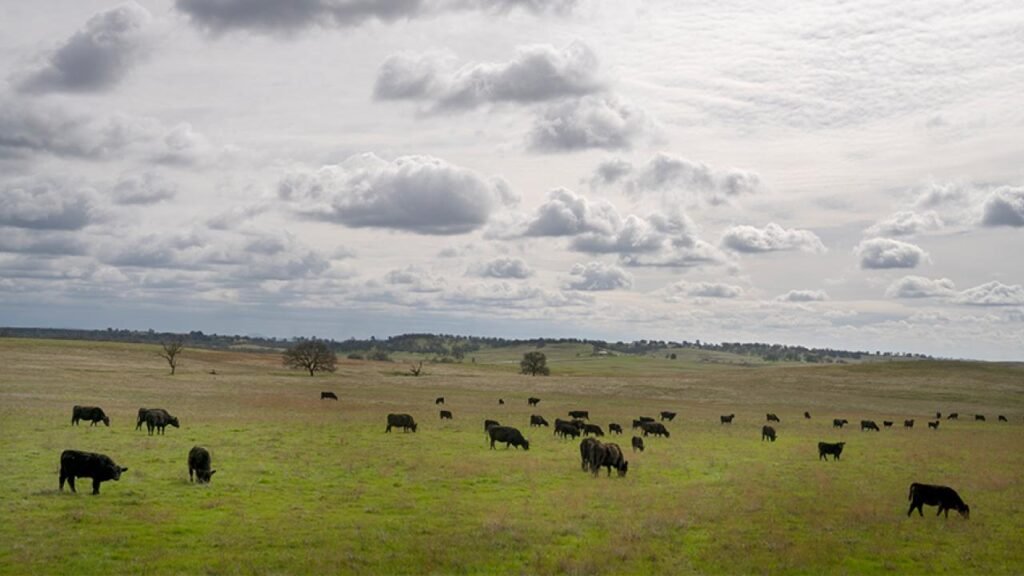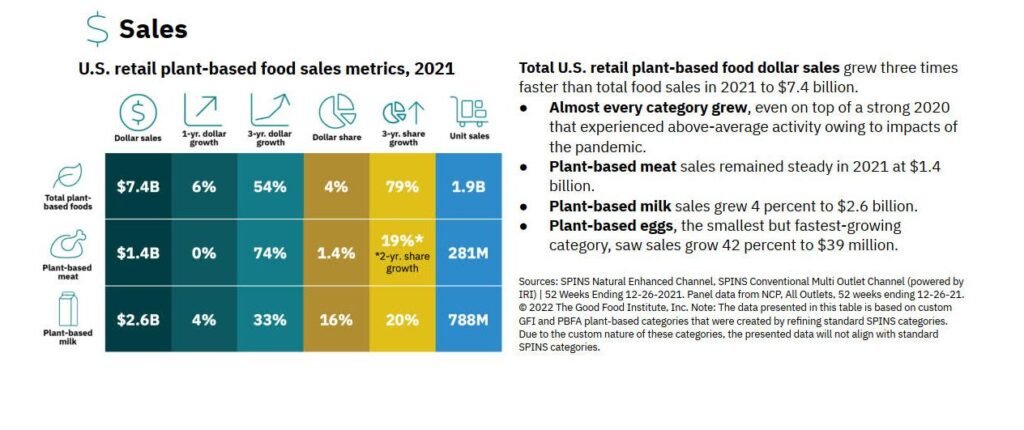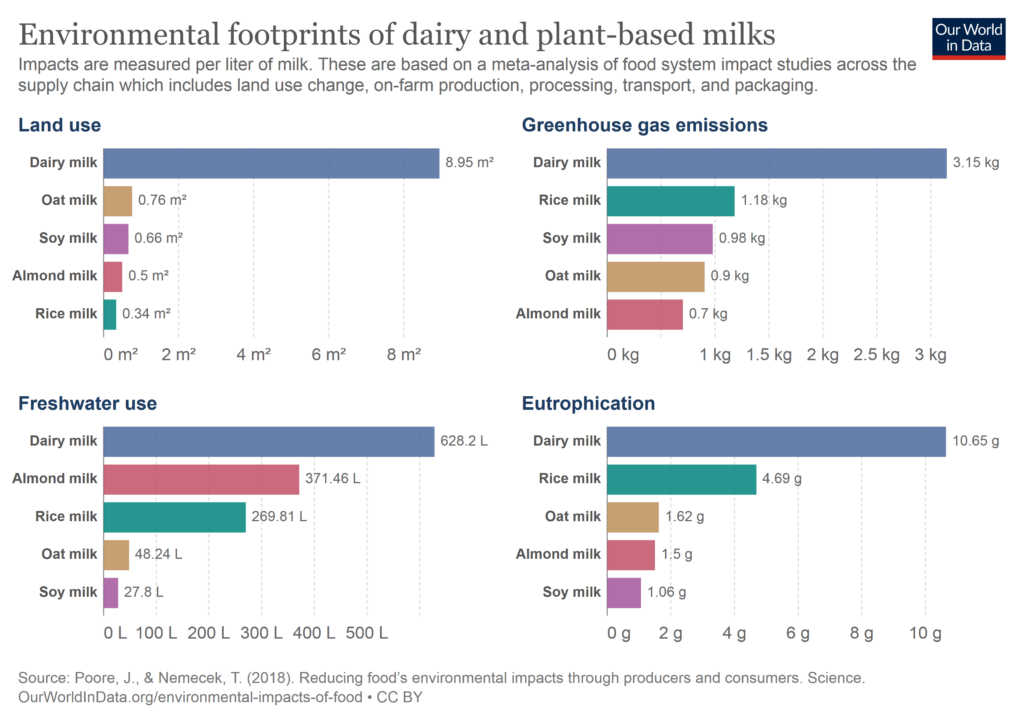Dairy farming is a disaster for the environment. Cows are one of the most significant agricultural sources of climate change and water pollution. Every year, the average cow excretes around 220 pounds of methane, a greenhouse gas.

Furthermore, when manure decomposes, it emits additional methane as well as pollutants such as ammonia. Dairy also consumes more than 12 times the amount of land as oat milk and uses 23 times the amount of fresh water as soy.
Fortunately, plant-based milks are becoming increasingly common in the dairy aisle. According to the Good Food Institute’s (GFI) 2021 Plant-Based State of the Industry Report, plant-based milk sales in the United States increased by 4% last year to $2.6 billion.

Almond milk, the most popular plant-based milk substitute, has one of the lowest greenhouse gas contributions per unit of any milk. It is lower than oat, rice, or soy, owing to almond orchards’ ability to trap and store carbon above and below ground in root systems.
However, cultivating almonds need a lot of water. Furthermore, California produces 80 percent of the world’s almond supply, despite the fact that water is scarce and droughts are often.

Oats milk, on the other hand, get high marks across the board. According to one research, it is responsible for 80% lower GHG emissions, 80% less land use, and 60% less energy than dairy. It also consumes around 18% of the fresh water required for rice, 13% that of almonds, and just 7.5% that of dairy.
So instead of going to the cow, we can use various plant calories directly for human food consumption” with plant-based milks. “Across the board, plant-based milks are much, much better than cow milk.”
Reference- National Geographic, UC Davis Education website, World Wildlife Fund website, Our World In Data






